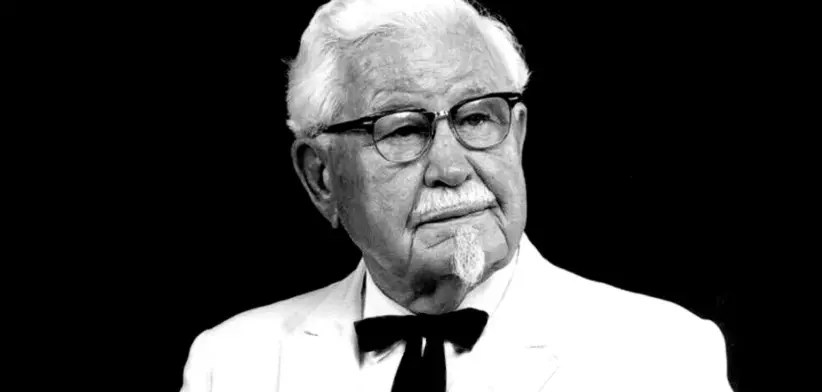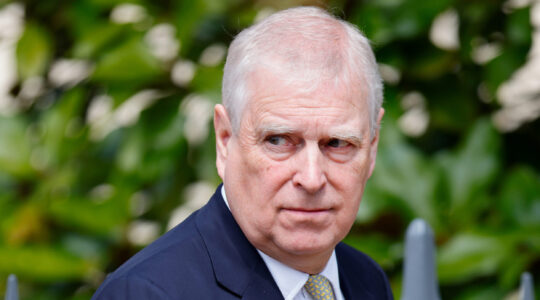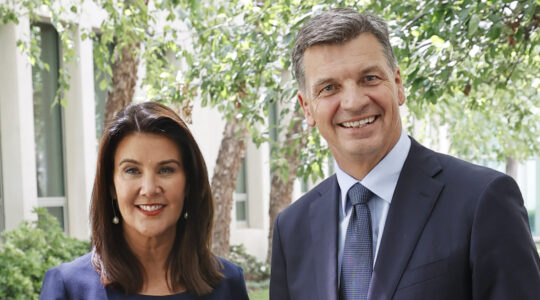By Shane Rodgers
I have always loved this quote: “It is never too late to be what you might have been.” The line is generally attributed to 1800s author George Eliot (aka Mary Ann Evans). Whoever said it, those few words always make me stop and think.
The quote came back to me a few years ago when I was reading the book Jumping Ship by the Social Ventures Australian founding CEO Michael Traill.
The book chronicles Michael’s journey from the “millionaire’s factory” of Macquarie Bank to a new life pioneering social enterprise and new approaches to not-for-profit business. In the early chapters of his book Michael relates the story of a forum conducted with a group of investment bankers and social entrepreneurs by renowned Scottish leadership thinker Professor Norman Drummond.
During the day, Professor Drummond, an author, executive coach, social entrepreneur and former BBC Governor, posed three simple questions to the assembled group:
- Who are you?
- Why are you living and working the way you currently are?
- What might you yet become and do with the rest of your life?
As Michael describes it, when the questions really began to sink in, “a bit of magic” started to happen.
He writes: “It was well captured by a colleague who said, ‘Mate, I don’t know where you got this guy from but I’m having conversations that I haven’t had since I drank too much at uni. And it actually feels pretty good!”
“Curiously, but revealingly…some were writing surreptitiously, as though needing to write the questions down was a sign of weakness, or they felt some embarrassment at acknowledging their significance.”
When you reflect on this, it really is so easy to look at life as some sort of sliding scale where “my day” (as in “back in my day”) is in the past – where you reach some point when you are done and then you just flatline and wait around for retirement or fade to invisibility through a creeping irrelevance.
Someone wrote to me recently who talked about reaching the age of 39 and feeling like he had started to “stand still”. The trouble, of course, with standing still is that the world keeps moving around you. You can so easily be left behind. The further behind you get, the harder you have to run to get back in the race.
Sometimes you get so caught up in the routine of relentless 24-hour cycles you keep your existence on autopilot and lose your sense of what you really want from life. Or you retire too early and revolve your life around watching soap operas and calling talkback radio because nobody gets it.
The reality is that, when you get past the heady younger years, there is every chance that you feel no different inside your head than you did at 30. Your body still works fine, you have lots of useful life and work experience and you can reinvent yourself whenever you want – If you choose.
Too many people settle, make up excuses to give up on their dreams and start to convince themselves they are too old to do things when their lives should just be warming up.
It really is challenging to ask who you really are. It is confronting to question yourself honestly about why you live and work the way you do. But it is genuinely empowering to really ask what you might yet become if you disrupt yourself and stop letting your bike be pulled along in the slipstream of the pack.
As actor Christopher Walken so eloquently puts it, it is time to “say the truth that you’re carrying in your heart like hidden treasure”.
Most of the barriers to change are self-constructed. Now is always the best time to make positive change. And I can guarantee you, no matter who you are, how old you are and what you do, if you are reading this there is a good chance you still have the option to be what you might have been.
Shane Rodgers is the author of Worknado – Reimagining the way you work to live.








